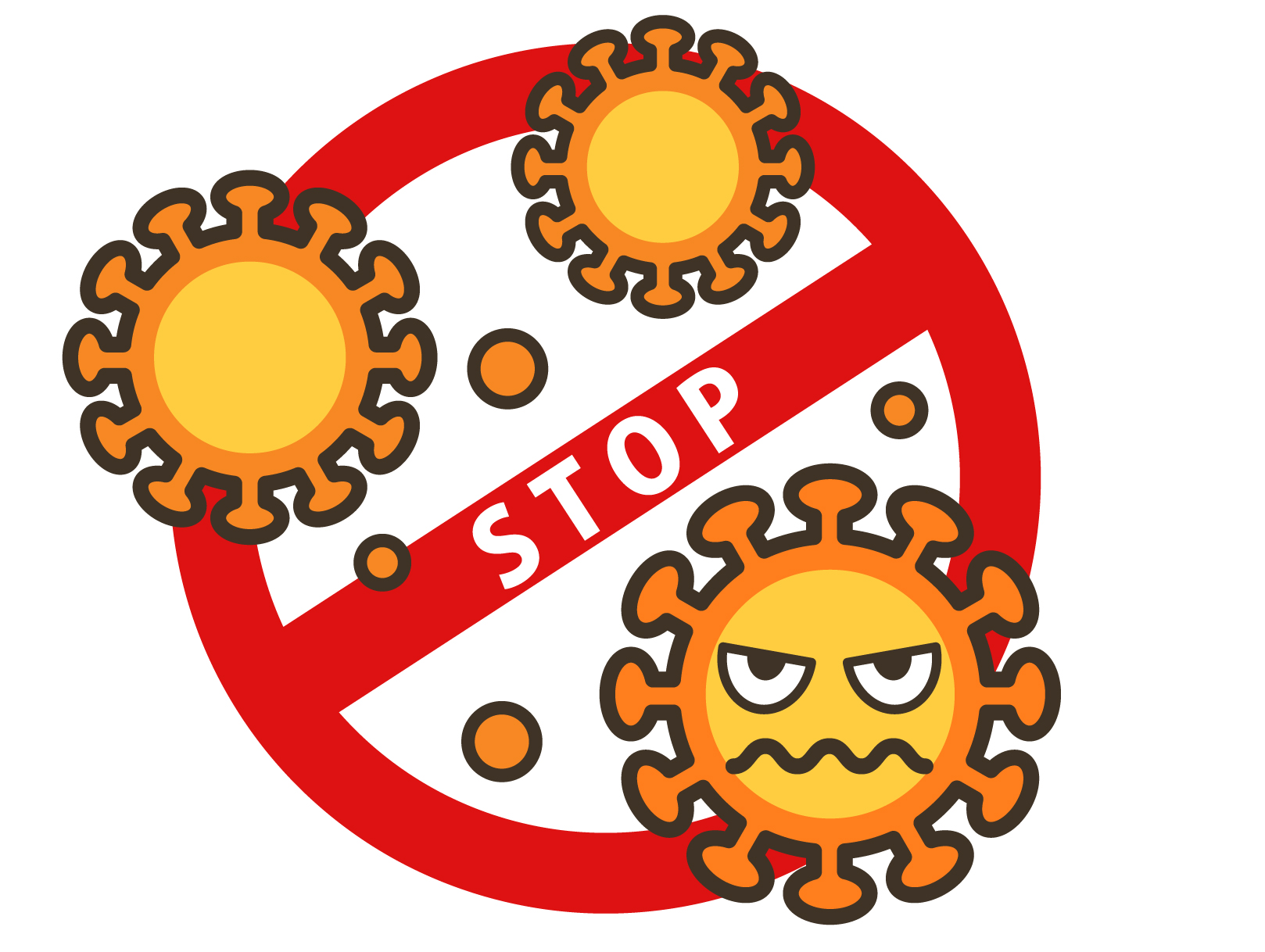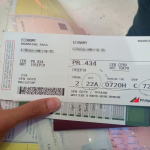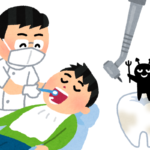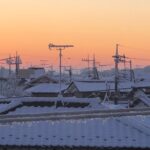
Due to the increase in the number of people infected with the new coronavirus, the government declared a state of emergency in the Tokyo metropolitan area (Tokyo, Kanagawa, Saitama, and Chiba prefectures) on January 8.
The emergency declaration is aimed at reducing human contact in order to reduce the number of new infections. In other words, the goal is to reduce the flow of people.
In particular, restaurants will refrain from operating after 8:00 p.m., and restaurants that cooperate will be given 60,000 yen per day as a cooperation fee.
This is because the increase in infected people is thought to be due in part to unmasked conversations in restaurants.
Not so long ago, it was only a small group of people (about four) that would have a dinner, and the idea of wearing a mask at a dinner was ridiculous. You can't eat with a mask on, though.
Although the state of emergency was declared and the holidays have begun, it is reported that the number of people coming to the city has not decreased that much compared to when the state of emergency was declared in the last spring.
It's no wonder, in my opinion, that the crowds haven't decreased.
If there are tens of thousands of infected people per day and more than 1,000 people dying, as in the UK, people will not go out without declaring a state of emergency.
The number of confirmed infections in Japan is several thousand per day nationwide, and the total number of deaths since last year is just under 4,000.
The Ministry of Health, Labor and Welfare estimates that 3,000 people die each year from influenza, so the number is higher than that, but not outstandingly so.
There is no doubt that the new coronavirus is worse than the flu (no effective treatment has been established), but I don't think it is enough to declare a state of emergency and stop the flow of people.
This may be partly because of the possibility of a medical collapse, but why haven't we prepared for it since last spring?
Is Japan's medical system really that fragile?
There should be a good number of medical institutions, beds and facilities, and not a small number of doctors and nurses.
Despite the collapse of medical care, there are reports that many hospitals are losing business because patients are not coming in for fear of being infected with the new coronas.
The media only reports the number of infected people and the number of people who have died, but this is the same as reporting nothing.
If the news media is going to report on the situation, they should at least report on the number of tests and infected people, as well as the demographics of those who have died (age, presence of underlying diseases, etc.) so that we can understand and judge the situation.
The national and local governments need to publicize accurate information, at least to the extent that they know how the infected people were infected, and what needs to be done to prevent them from becoming infected in the future.
Since the number of commercial advertisements on TV is decreasing, TV stations will also benefit from the advertising revenue.
The education level of Japanese people is not low. I think the strength of Japanese people is that they will act accordingly if they are given accurate information.
Fortunately, there is no one around me who has been confirmed infected, much less died. I'm sure many people are in the same situation.
I think the reason why the flow of people has not changed much is because there is an impression that only the media, such as TV, are making a big deal out of it.
I refrain from eating at dinners (only once at the Corona disaster), wear a mask when I go out, and wash my hands frequently.
The company is also adopting staggered work hours with telecommuting and reduced hours.
But the congestion during commute is not much different from before.
To put it bluntly, there is no way to take any more infection control measures than we have now.
Even if a state of emergency is declared, I will just go about my daily life as before.
So, what is the point of declaring a state of emergency?









